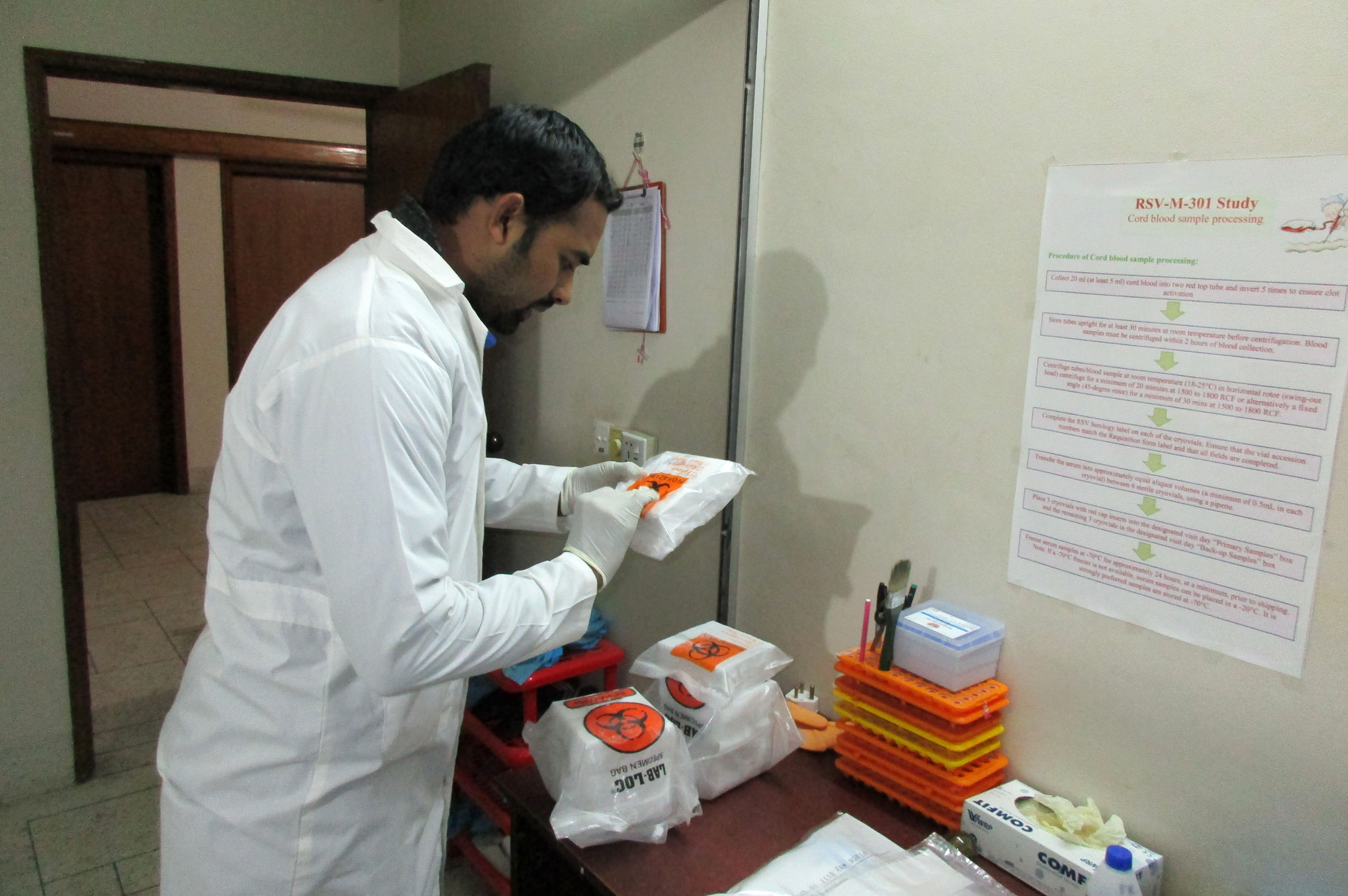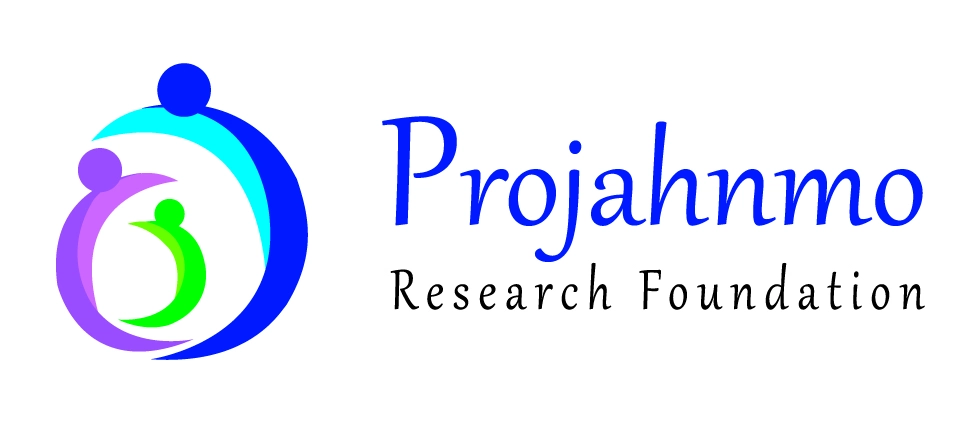
A Phase 3, Randomized, Observer-Blind, Placebo-Controlled, Group-Sequential Study to Determine the Immunogenicity and Safety of a Respiratory Syncytial Virus (RSV) F Nanoparticle Vaccine with Aluminum in Healthy Third-trimester Pregnant Women; and Safety and Efficacy of Maternally Transferred Antibodies in Preventing RSV Disease in their Infants.
Sponsor: Novavax, Inc. (Novavax)
Project period: September 2017 - December 2019
Global Season: 4
Respiratory syncytial virus (RSV) is the leading viral cause of severe lower respiratory tract disease in infants and young children worldwide. Most infected children present with mild upper respiratory tract symptoms, but a subset develops severe lower respiratory tract disease (tachypnea, hyperinflation, crackles, and expiratory wheezing), most severe disease occurs within the first 2 to 8 months of life, particularly in infants born prematurely and infants with underlying chronic lung and congenital heart diseases.
The Primary objective of this study was to determine the efficacy of maternal immunization with the RSV F vaccine against medically significant RSV lower respiratory tract infection (LRTI) with EITHER hypoxemia OR tachypnea through the first 90 days of life in infants of maternal RSV F vaccines as compared to placebo recipients.
The study was a randomized, observer-blind, placebo-controlled, group-sequential design trial, Projahnmo site from Bangladesh conducted this multi country, multisite trial and enrolled 147 participants (total 4636 globally, across 11 countries and ~80 sites over a period of four years) third-trimester pregnant women. The study was initiated globally in December 2015 and in Bangladesh from September 2017.
Healthy women in the third trimester of a singleton uncomplicated pregnancy, at low risk of obstetrical complications, and ≥ 18 to ≤ 40 years of age was consented, randomized, enrolled. Both mother and child were followed by weekly surveillance up to 364 days post-delivery to record RSV illness.
